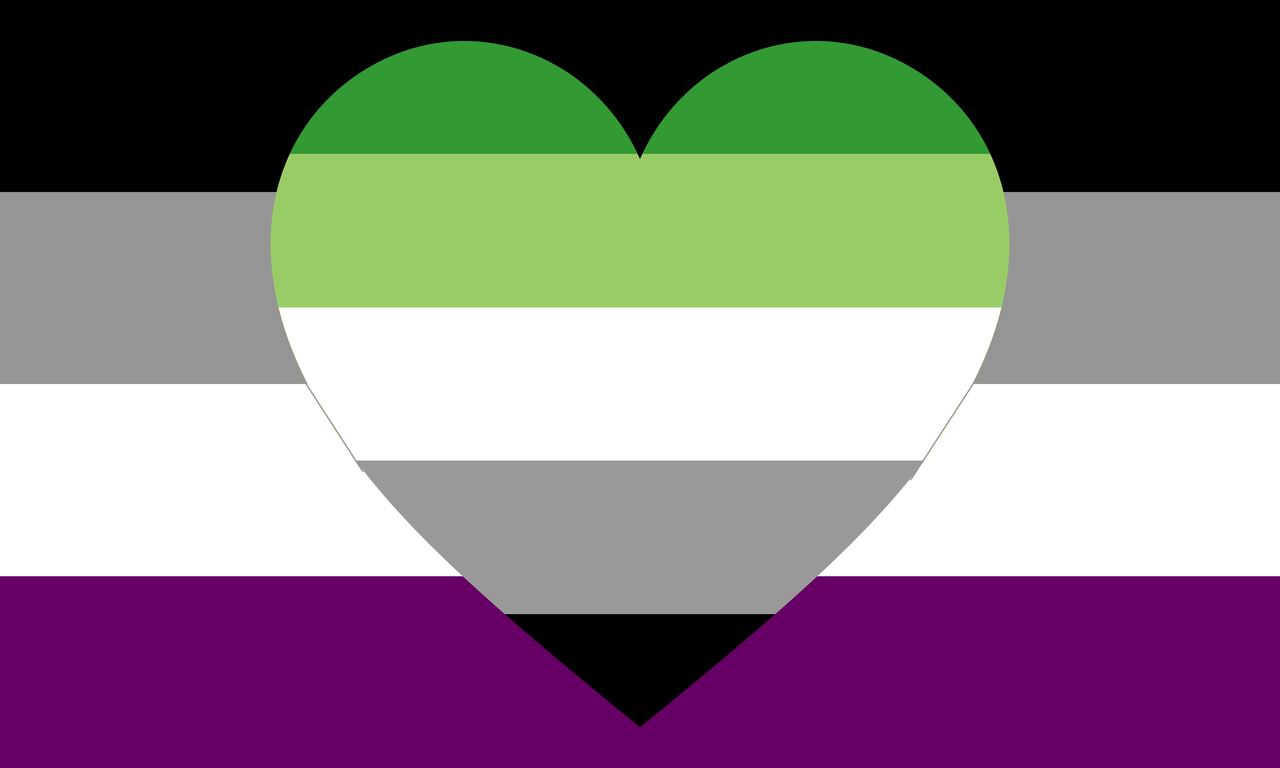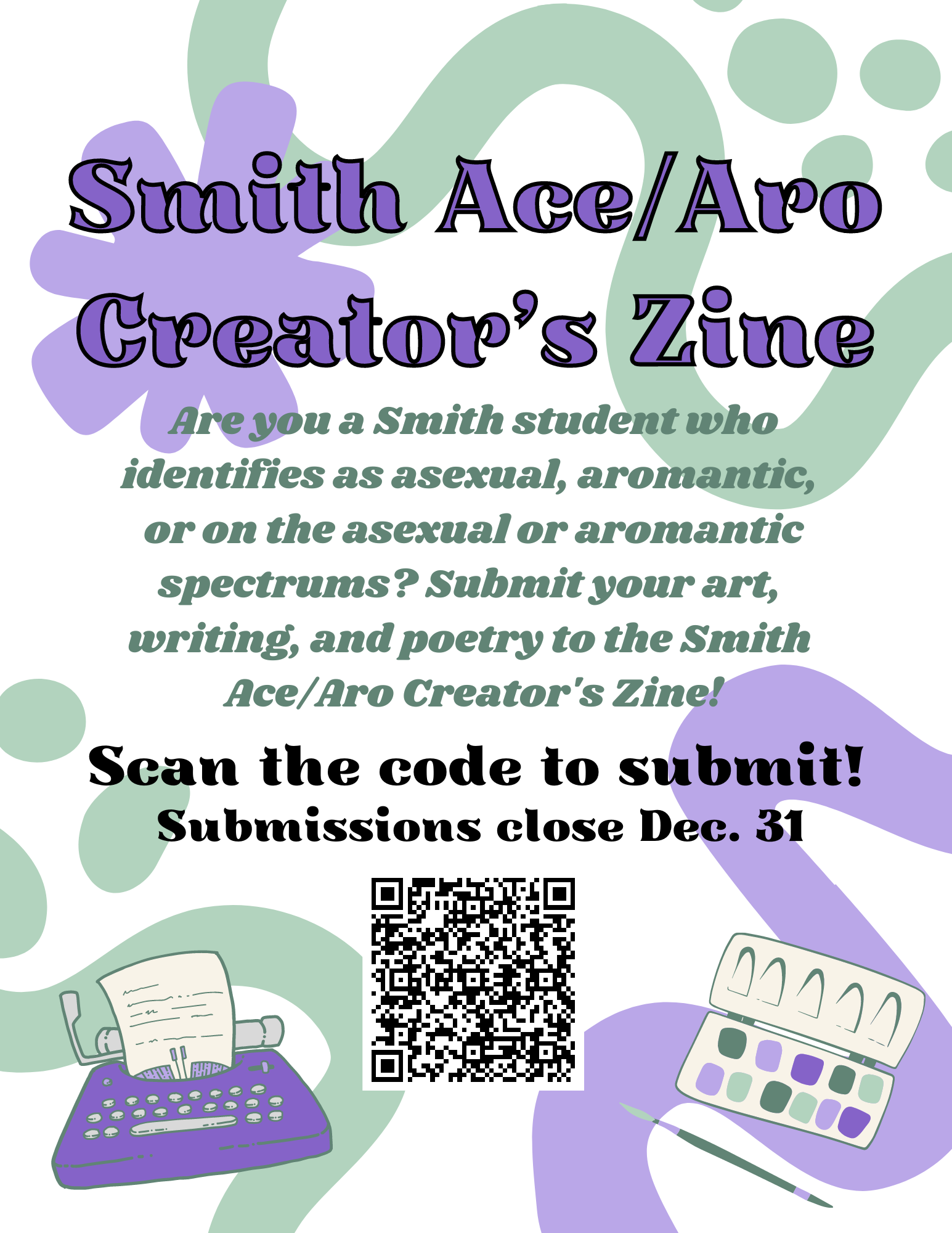Welcome to the round-up of submissions on the topic of ‘Wishlist.’ You can see the call for submissions here: https://sites.smith.edu/aace/2023/04/16/call-for-submissions-wishlist/. Thank you to everyone who participated! We had three responses, from students at University of Ottawa, SRH School Of Popular Arts (SOPA) Berlin, and Smith College.
- There’s a lot of things I wish were different in this world concerning asexuality, however one crucial change that could actually be super beneficial is spectrum representation of asexuality. I think a lot of people have a general understanding of what asexual means but they only see the tip of the iceberg since asexuality can come in so many forms as does any sexual identity and is very personal and unique. I want to start seeing stories showcasing the broad spectrum of what the asexual experience is really like; of asexuals who want nothing to do with sex to the rather kinky asexuals who do have sex but just lack attraction for others. I want to hear about graysexuals, demisexuals, aromantics who aren’t asexual, those who are both. I want to hear about the less known types of asexuality like cupiosexual, akoisexual and autochorissexual and everything else. I want to see more than just the simple stereotype of what asexual is thought to be. Not only that but I want to hear about the isolation and exclusion that many ace people feel, including myself, since ace struggles are rarely talked about save for inside the ace community. I want to see more realistic sexual dynamics and scenes like you see in the show, Sex Education where sex is not “flawless” like you see in movies and porno but is layered, complicated and messy. To put things simply, I just want to see authenticity and honesty regarding sex and sexuality so everyone can finally feel good about themselves rather than feel ashamed.
2. I wish we had more graphic novels/childrens booklets that break down and accurately reflect the forms of attraction and what they can look like. In general, child books/comics are probably one of the most simple and easily accessible type of education, which can also be used for teens and adults!
For schools and college/university specifically workshops or even mandatory classes that target systematic, social, racial etc. injustices in general, but also sex ed (including sexuality, types of attraction,…) could make a huge difference in spreading awareness and understanding! Todays mainstream media mostly contains stories/characters that only exist to end up in relationships or sex. Therefore it would be amazing to see more movies, that approach relationships from different perspectives (so not from an allo/hetero cis POV).
3. I want a society where it is normal to live long-term with your best friend(s), even if you are in a separate romantic and/or sexual relationship. When I was younger, and still to an extent now, I was afraid that I would make close friends as young adult, but then they would leave me for a romantic and/or sexual partner, either in moving out of shared living arrangements or lessening their engagement with me as a friend. Even regardless of the housing market and available incomes, I want a society where you can choose to live with the most important people to you, be they friends, queer platonic partners, or romantic and/or sexual partners.
I also want to see this in books and other media representation. I want characters who live with their best friends, and that’s the main relationship in the story, and they still go do romantic things with someone else. Or they don’t and that’s fine too. I want ace and aro characters who are in QPRs or apply the split attraction model to their own lives, even if they don’t use modern words, just as I want non-ace and non-aro characters to do those things too.

